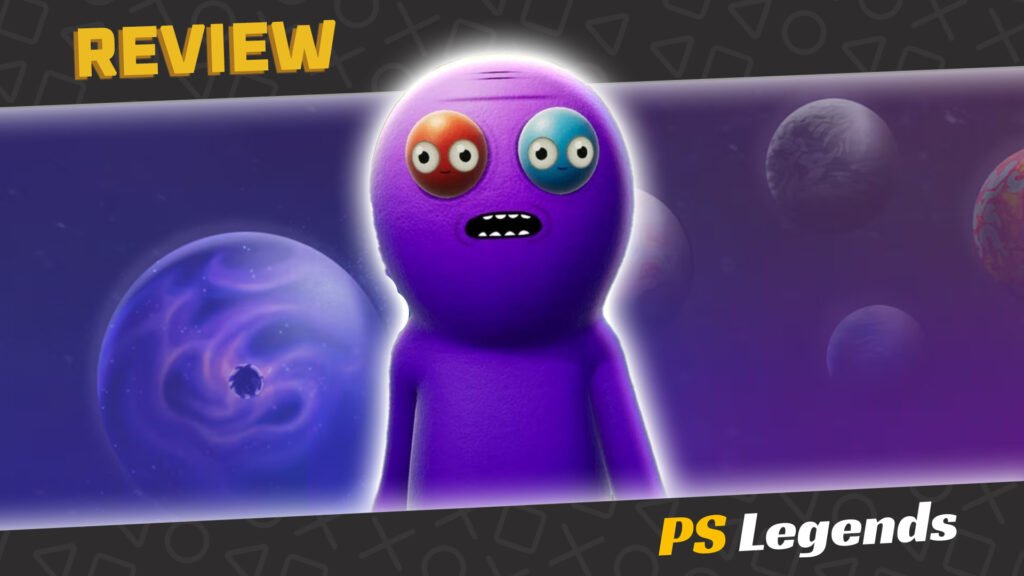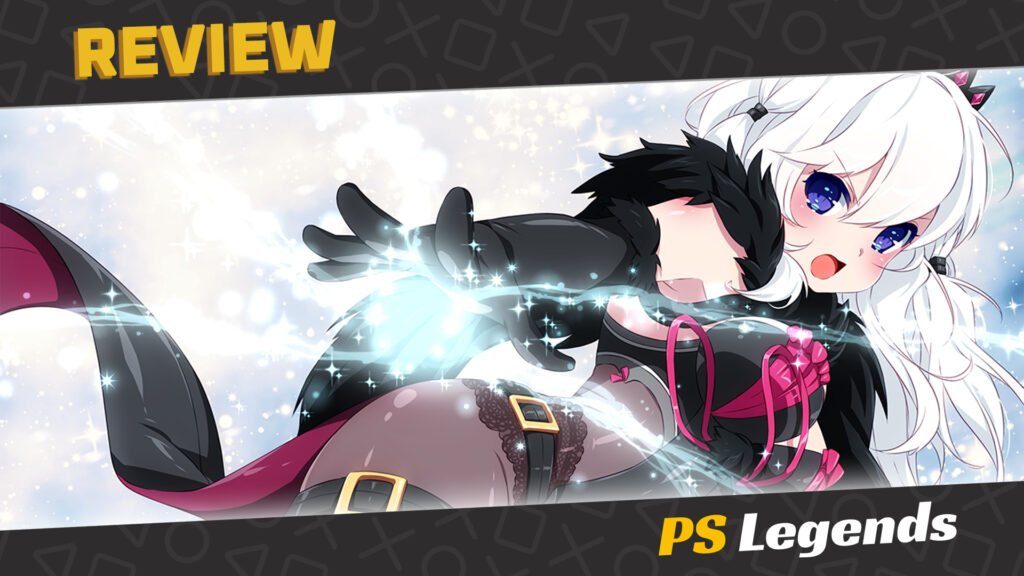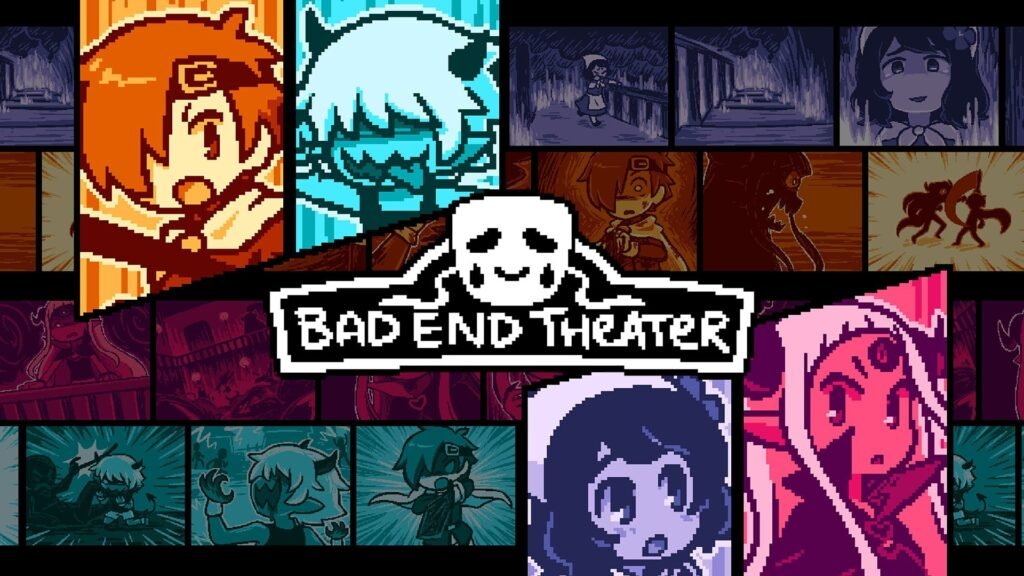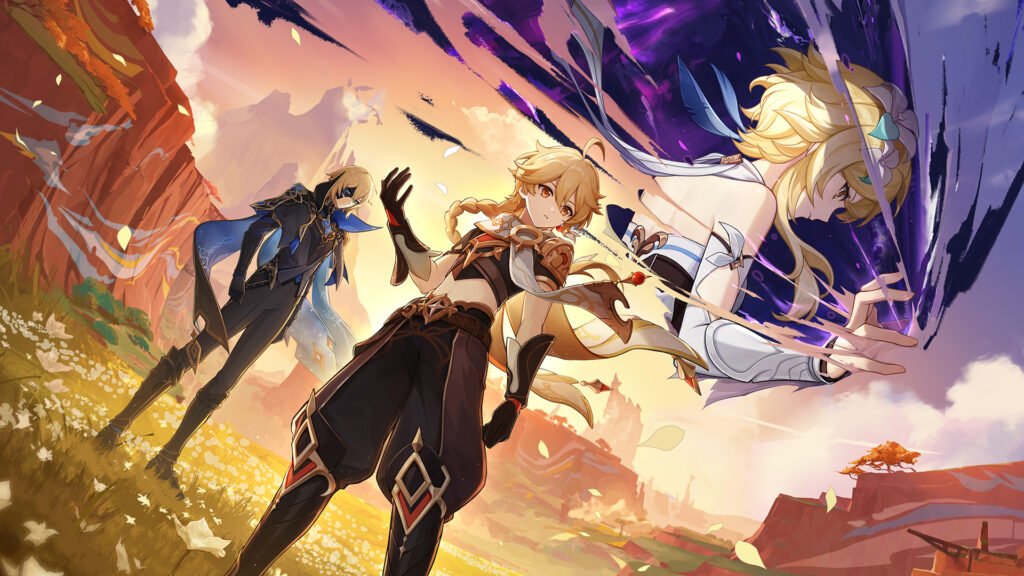Trover Saves the Universe seemed to be picking up a bit of a cult following not too long ago and now that its creator, the eccentric Justin Roiland, is somewhat retired as of late, perhaps it’s time to get his works boxed off before they fizzle away into obscurity. Reading into Trover a bit more, it seemed to have a lot of narrative potential.
Adult animation has always been around, with heavy hitters like South Park, Family Guy and American Dad still bringing in viewers even today. Being a parent, the best I can usually manage are family-friendly alternatives like The Simpsons. Don’t ask me how, but I actually managed to find a moment to watch the sweary, sci-fi smash-hit that is Rick and Morty. I am a child of the 80s after all and the show’s so crammed full of anime and movie references from that era that it’s hard to ignore. It even looks like Back to the Future if you only see the cover art.
Solar Opposites was pretty good too, until Roiland left. Again, games come to the rescue, and while there isn’t really a Rick and Morty game I can pick up (unless I invest in the vomit-inducing side-hobby that is VR) the best I can get is this spin-off story from Rick and Morty’s oddball creator. I had high hopes for it, despite its budget price tag.
On This Page
Introduction
Trover Saves the Universe is a 2019 comedy action platform game developed and published by Squanch Games for PlayStation 4. The title features an optional virtual reality component. Justin Roiland, who was the founder of Squanch Games and the co-creator of Rick and Morty, provided voice work for many of the characters in the game.
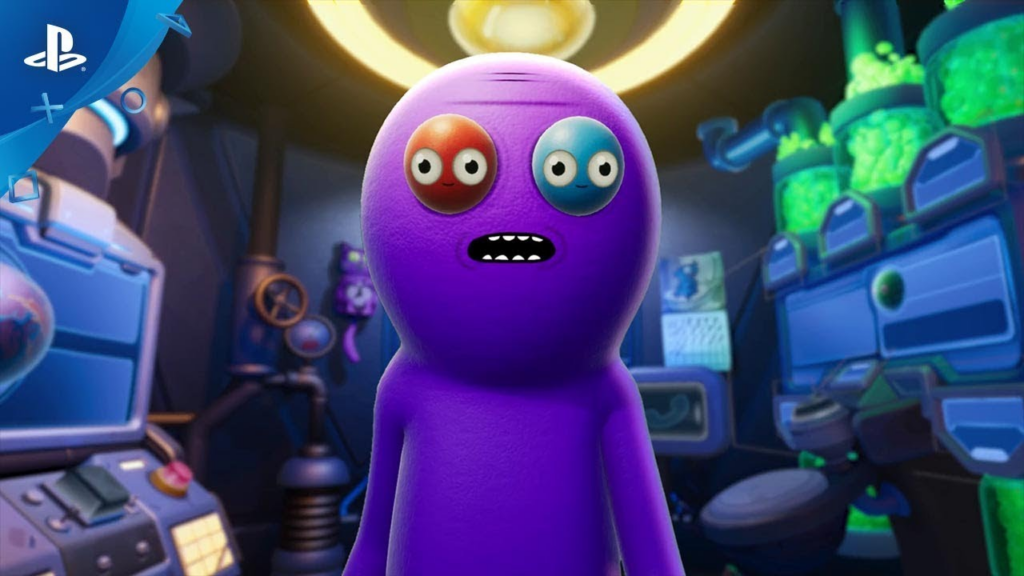
Story
A giant evil alien being named Glorkon has kidnapped the dogs of the protagonist and sucked their essence into its eye holes, somehow granting him incredible powers that could end the universe. The player assumes control of a nameless ‘Chairorpian’, a race of humanoid aliens confined to chairs. The Chairorpian must rescue their dogs and defeat Glorkon in order to save the universe.
Throughout the game, the Chairorpian is accompanied by Trover, a purple alien monster and destitute space-junky mercenary acting as the ‘muscle’, with the two forming an unlikely yet interesting pairing, utilising each other’s particular skills to chase Glorkon from world to world.
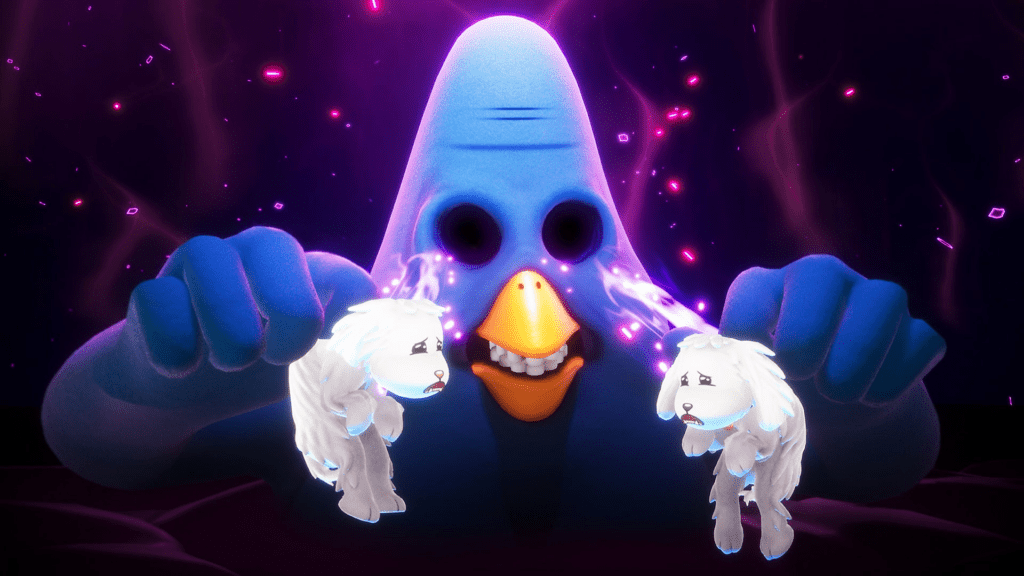
Gameplay
I was curious to see what some reviewers meant by calling the game one of the first to be played from a second-person perspective, but there’s actually more to it than that, since you actually control two characters simultaneously, similar to Brothers: a Tale of Two Sons, yet one has a first-person view whilst the other is standard third.
First up, we’ve got The Chairorpian who we control in first-person. You can look around from a fixed chair-mount with the right stick and bumpers, and interact with objects with the triggers. Next we’ve got Trover who we control in third-person with the left stick and face buttons. It sounds more complicated than it is and I was surprised how easy it is to adjust to. However, the camera may simulate VR, yet it’s very restrictive for basic platforming.
The gameplay feels totally unique, yes, but it’s also very disjointed. Trover runs, jumps, and fights like any other third-person action hero. At the same time, the Chairorpian serves as your game camera view. Occasionally you’ll want to boost up into the air to get a better view of your surroundings. Once you adjust to this unique arrangement, you can set your vantage point, then focus on the fighting and platforming, before you need to move on and repeat the routine again.
Trover Saves The Universe eases you into things with an increasingly weird tutorial spread over several levels. For example, instead of just handing you a new ability, you have to talk to Mr. Popup, a floating, naked man with a bandage over his crotch. Why deliver instructions via text when it can be screamed at you by a freakish alien lunatic instead, eh?
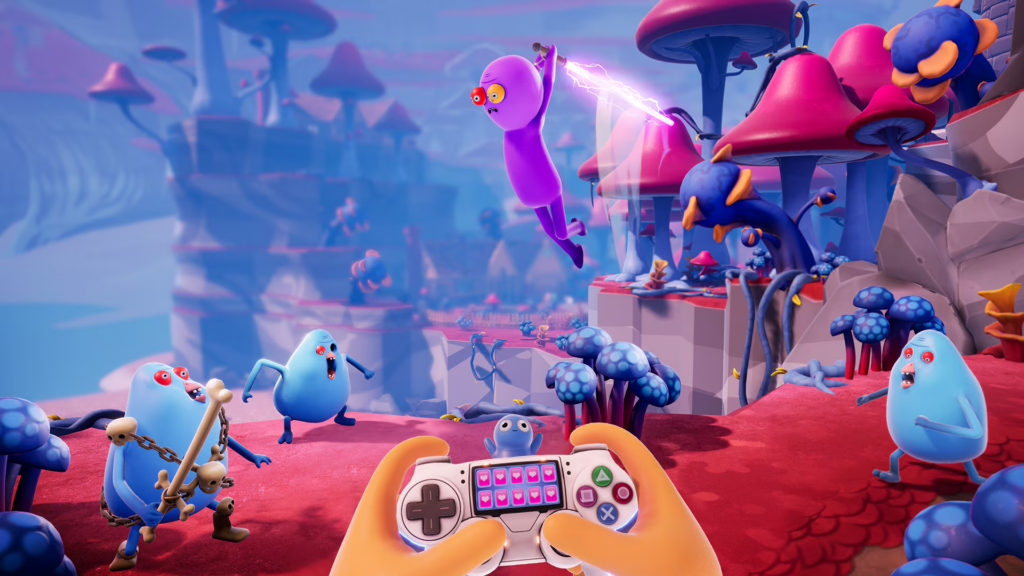
Graphics/Sound
The first faults come from the mechanics the game tries to introduce. If you choose not to play in VR mode then the game gives you a simulated version of it, hence the first-person viewpoint, yet this means you’re constantly wrestling with the fixed camera trying to keep Trover in view and it can make finding the multiple collectibles you need for the platinum a chore to find. The camera reminds me of the fixed view in 3D levels that you find in Lego games.
There’s the potential here for a great ‘buddy’ story with solid voice acting, with hours and hours of recorded dialogue for the cast since every possible event is commented on in depth. Sadly, it’s potential that isn’t reached. The script is thorough yet so sloppily performed with constant hesitation and stammering which soon becomes annoyingly samey. Even visually the game has pros and cons, since it’s loyal to the aesthetic of Rick and Morty yet falls short of the PS4 standard.

Replayability/Trophies
Overall, it’s just unpleasant to play and a chore to platinum with so many level-specific objectives which are easy to miss. Please use a guide to avoid spending any longer with the game than is necessary. If you’ve already made the investment and want the platinum trophy as a return on your investment, you might want to get in and get out as soon as possible.
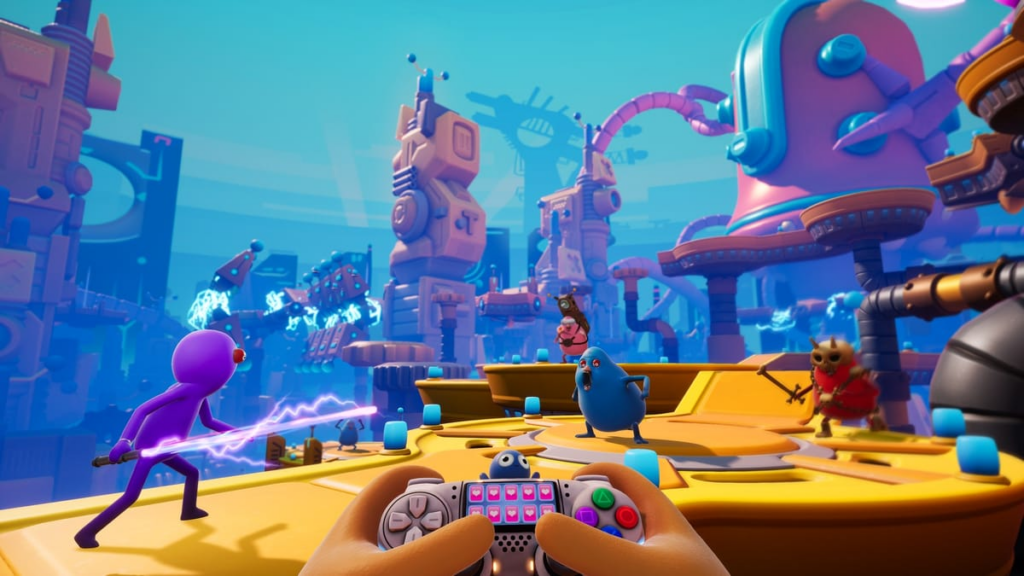
Conclusion
Breaking the game down into individual components got me thinking. You see, for every innovative component or mechanic which the game introduces there’s a flaw which reduces its delivery. The game relies too much on its comedic dialogue to save it and even this fails to generate a laugh (apart from that one line about a level smelling like a dead hooker’s mouth). Its pitch-black satirical humor misses the mark often, with a very basic theme of seeing how many F-bombs the cast can slip into each sentence.
Regardless of allegations made against him (we’re not here for that) I absolutely love Roiland’s work. His unique style of comedy and the passion he puts into each role is usually superb, yet here it feels like he’s phoning it in, and Trover is just a voice-copy of Morty with no personality of his own, other than him being a bit of junky douchebag. None of the characters are fleshed out with motives or backstories to absorb you into their world, and so, I never found myself caring about helping the many NPCs in the game.
The real killer was the terrible ending. When the ending suddenly kicks in, I was briefly disappointed that the story didn’t actually go anywhere, yet also relieved that this silly chore of a journey was finally over. I honestly couldn’t trade this one in fast enough since the longer I spent playing the game the lower my opinion of it fell.
Joys
- Very Rick and Morty/Solar Opposites
- Interesting ‘2nd person’ concept
Cons
- Dull, fiddly, repetitive gameplay
- Not nearly as funny as it thinks it is
- Terrible, silly story
